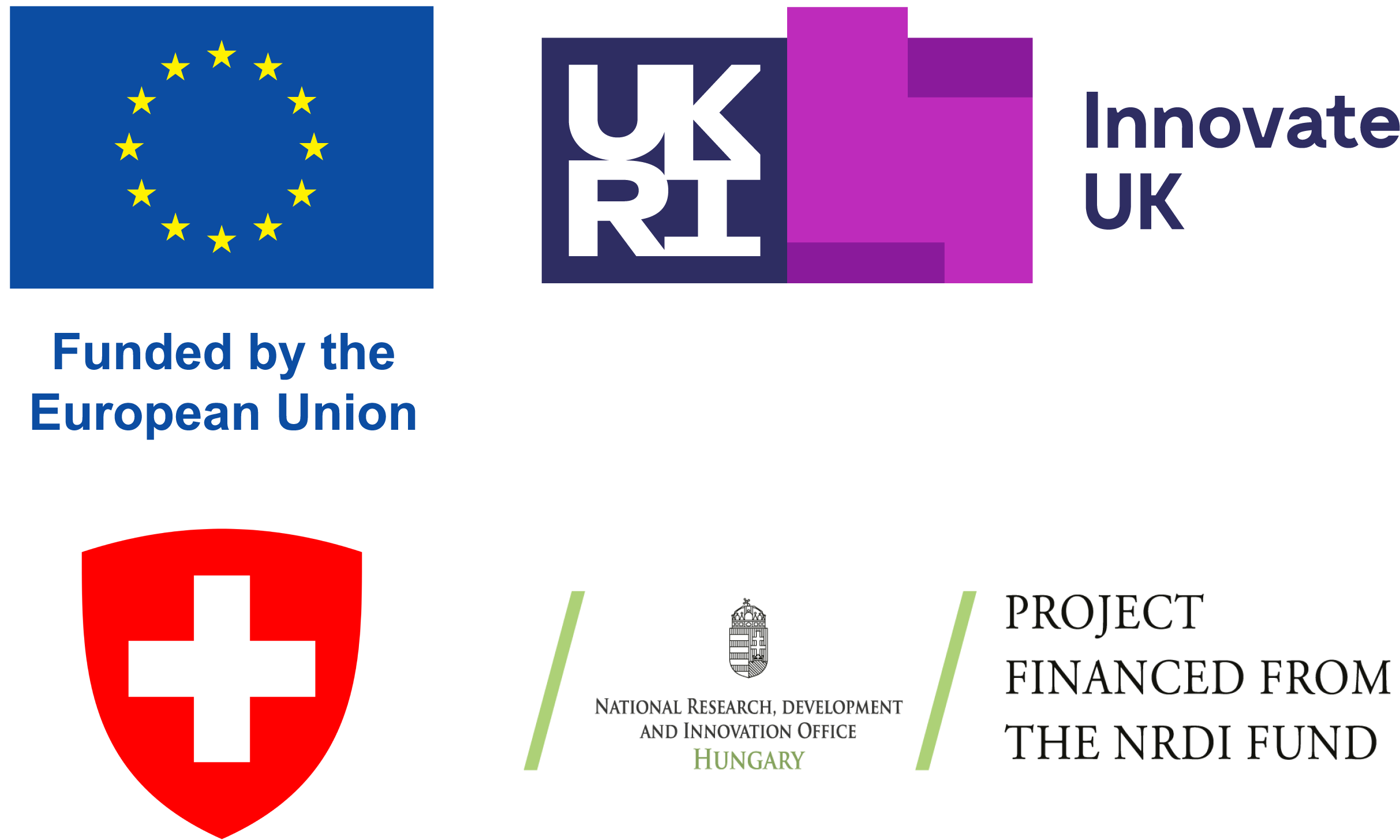THIS WEBSITE USES COOKIES
We use cookies to personalise content, to provide social media features, and to analyse our traffic. By choosing 'allow all cookies', you consent to our cookies.
To find out more, read our privacy policy and cookie policy.
The core of this project uses a stepped wedge cluster randomised trial (RCT) design to test the ICLEAR-EU intervention across six European countries (Belgium, Denmark, Hungary, the Netherlands, Portugal and the UK), together with an embedded process and implementation evaluation and an economic evaluation.The five-year project will consist of periods of clinical trial preparation (WP2, WP3, WP4), implementation of the stepped wedge RCT (WP5) and holistic evaluation of the intervention (WP6, WP7, WP8). To define the clinical trial protocol design, we will use the SPIRIT guidelines and recommendations for reporting stepped wedge designs. Before the start of the stepped wedge cluster-RCT, we will adapt and standardise the ICLEAR intervention to ICLEAR-EU. Guided by the Model for Adaptation Design and Impact (MADI), and based on consultation with experts and key stakeholders, we will ensure that the intervention manual and tools are appropriately translated and culturally sensitive. A training package will be developed to aid in implementing ICLEAR-EU in in hospitals.

We will include hospitals in six partner countries. In each country, three hospitals will participate in the stepped wedge cluster-randomized controlled trial, with each hospital recruiting a total of 68 patients. In total, recruitment will take place in 18 hospital sites across the six RCT partner countries, representing different health care systems, languages, and cultures within Europe. A total of 1224 patients will be recruited to the RCT over 24 months.
Stepped wedge cluster-randomised controlled trial (RCT)
In each participating hospital, we aim to enrol a total of 68 adult patients with advanced COPD, who are admitted to the care of the hospital respiratory team with an acute exacerbation of their COPD.
We will use various measurement methods, including consulting medical notes with routinely-collected data, and collecting questionnaires. Enrolled patients will be asked to complete questionnaires or be interviewed at baseline, and will be followed-up at 30 day (T1) and 90 days (T2) after baseline.
The primary outcome is the number of patients readmitted to the hospital within 90 days of their baseline measurement.
In a randomized controlled trial (RCT), participants are assigned at random to an intervention or comparison control condition. In the case of the EU PAL-COPD project, the intervention is the ICLEAR-EU intervention. In the control condition, treatment as usual will be provided to patients. Cluster-randomization entails that the random assignment to intervention or control does not happen at the level of the patient, but at the level of the hospital. Hence, patients are “clustered” within the respiratory unit of the hospital where they receive their treatment.
A stepped wedge design is a modified form of the cluster-randomized controlled trial. The study period consists of “wedges”, which are periods of time where either the control condition or the intervention is provided. Initially, all participants provide the control condition, treatment as usual. Then, at regular intervals, one hospital will cross over from the control condition and provide the intervention during the “wedges” that follow. This is repeated until every hospital is providing the intervention. The sequence in which the hospitals cross over is randomized.
An advantage of this design is that it ensures that all sites can introduce the intervention.
To evaluate whether ICLEAR-EU is superior to treatment as usual, we will test the intervention using the stepped wedge design described above.
Each wedge will last 6 months. Each hospital will go through four wedges, yielding 24 months. At the end of the last control wedge, before crossing over to the intervention, a 30-day transition is planned to train staff and ensure good implementation of ICLEAR-EU.
Every patient in every wedge will be followed up for 90 days after their baseline measurement.
The information you provide will only be used for newsletter campaigns by EU PAL-COPD. We use Mailchimp as our marketing platform. By clicking below to subscribe, you acknowledge that your information will be transferred to Mailchimp for processing. Learn more about Mailchimp’s terms of use. You can unsubscribe at any time by clicking the link in the footer of our emails. Read our privacy policy to learn how your data is used.

EU PAL-COPD is funded by the European Union (grant no. 101136621). Views and opinions expressed are however those of the author(s) only and do not necessarily reflect those of the European Union or the European Health and Digital Executive Agency (HaDEA). Neither the European Union nor the granting authority can be held responsible for them.
This project is also supported by Innovate UK, the Swiss State Secretariat for Education, Research and Innovation (SERI), and the Ministry of Culture and Innovation of Hungary from the National Research, Development and Innovation Fund.
© 2024 accelopment Schweiz AG · info@accelopment.com · ISO 9001 certified · Read our Privacy Policy and Cookie Policy
Stay informed about latest EU PAL-COPD results and milestones.